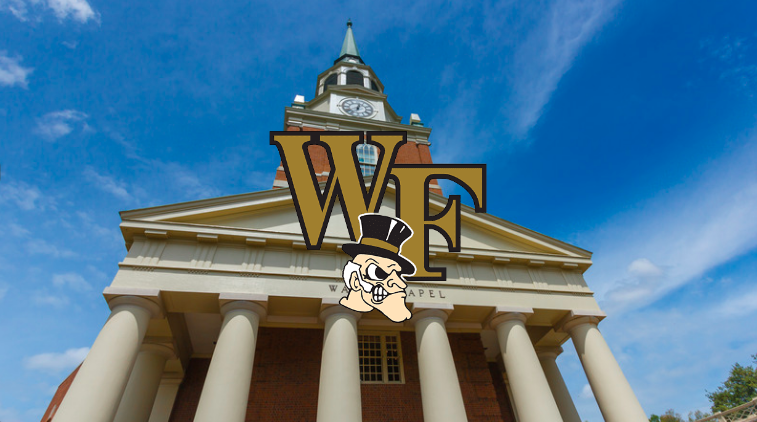 Applying to college is a significant milestone in a high school student’s life. The process can be both exciting and daunting and filled with numerous tasks and deadlines. Successfully navigating this journey requires careful planning, research, and attention to detail, which is why it’s important to review practical tips for applying to college, helping you manage the complexities of the application process, and improving your chances of acceptance.
Applying to college is a significant milestone in a high school student’s life. The process can be both exciting and daunting and filled with numerous tasks and deadlines. Successfully navigating this journey requires careful planning, research, and attention to detail, which is why it’s important to review practical tips for applying to college, helping you manage the complexities of the application process, and improving your chances of acceptance.
1. Start Early
Starting the college application process early is crucial. Early preparation also allows you to explore a broader range of colleges and programs, giving you a better chance of finding the best fit for your academic and personal goals.
Set a timeline for your application process, marking important dates such as test registration deadlines, college application deadlines, and scholarship deadlines. Breaking down the process into smaller, manageable tasks can help you stay organized and reduce stress. Additionally, starting early gives you more time to seek guidance from teachers, counselors, and family members.
2. Research Your Options
Thoroughly researching colleges and programs is essential to finding the right match for your interests and goals. Consider factors such as location, size, campus culture, academic programs, and extracurricular opportunities. Look beyond the college’s marketing materials and delve into student reviews, campus visits, and virtual tours.
If you have a specific career path in mind for after college, such as teaching English, research both undergraduate programs and graduate programs that align with your goals. For example, if you’re ultimately interested in teaching English to speakers of other languages, which is certainly an in-demand field these days, regardless of what you study as an undergraduate, you’ll want to consider an online TESOL Master’s degree in order to help you reach your goal. This degree can provide specialized training and open up various exciting career opportunities both domestically and internationally.
Take the time to explore different options and create a list of colleges that meet your criteria. This research will help you make informed decisions and increase your chances of finding a college where you will thrive academically and socially.
3. Understand Admission Requirements
Understanding the admission requirements for each college is critical to ensuring your application is complete and competitive. Each college is likely to have at least slightly different prerequisites, GPA requirements, and document submission expectations. Familiarize yourself with these requirements early in the process to avoid any last-minute surprises.
Typically, colleges require official or self-reported transcripts, standardized test scores, letters of recommendation, and personal statements. Some programs may have additional requirements, such as portfolio reviews or interviews. Keep track of these requirements for each college you are applying to and ensure that you meet all deadlines.
Pay close attention to deadlines for early decision, early action, and regular decision applications. Missing a deadline can significantly impact your chances of admission. Use a planner or digital calendar to keep track of all important dates and tasks.
4. Prepare for Standardized Tests
Standardized tests, such as the SAT or ACT, are an important component of the college application process. These tests assess your readiness for college-level work and are used by colleges to compare applicants. Preparing for these tests requires time and effort, so start early.
Begin by familiarizing yourself with the format and content of the test you will be taking. Use practice tests and study guides to identify your strengths and weaknesses. Focus your study efforts on areas where you need the most improvement.
Consider enrolling in a test preparation course or working with a tutor if you need additional support. Taking the test early gives you the opportunity to retake it if you are not satisfied with your initial scores.
5. Write a Strong Personal Statement
Your personal statement is a key component of your college application, allowing you to showcase your unique qualities, experiences, and aspirations. A well-written personal statement can set you apart from other applicants and provide a deeper insight into who you are beyond your grades and test scores.
Start by brainstorming topics that highlight your strengths, challenges you have overcome, and experiences that have shaped your goals. Be genuine and reflective in your writing, focusing on what makes you a strong candidate for the college you are applying to.
Draft your personal statement and seek feedback from teachers, counselors, or family members. Revise your essay multiple times to ensure it is clear, concise, and free of errors. Remember to tailor your personal statement to each college, addressing why you are interested in their specific programs and how you will contribute to their campus community.
6. Gather Strong Letters of Recommendation
Letters of recommendation play a crucial role in your college application by providing insight into your character, achievements, and potential from the perspective of those who know you well. Choose recommenders who can speak to your strengths and experiences, such as teachers, counselors, or employers.
When selecting recommenders, consider those who have witnessed your academic progress, leadership abilities, and personal growth. Provide them with ample time to write the letters and offer any necessary information, such as your resume or a list of accomplishments. This helps them write a detailed and personalized recommendation.
Requesting recommendations early in the process is important to ensure they are submitted on time. Follow up with your recommenders to thank them and remind them of the submission deadlines. Strong, supportive letters of recommendation can significantly enhance your application.
7. Highlight Extracurricular Activities
Extracurricular activities are an important part of your college application because they demonstrate your interests, skills, and commitment outside the classroom. Involvement in clubs, sports, volunteer work, and other activities shows that you are a well-rounded individual who can balance academics with other interests.
When sharing extracurricular activities on a college application, highlight those that showcase leadership, teamwork, dedication, and other characteristics that you want colleges to know that you are able and willing to demonstrate. Include details about your roles, responsibilities, and achievements in these activities. For example, if you were a captain of a sports team, mention how you led your team and any awards or recognitions you received.
Demonstrating long-term commitment to a few key activities is often more impactful than a brief involvement in many. Colleges appreciate depth of involvement and the development of skills and passions over time. Some colleges even allow you to upload a full PDF resume to their applications, in which case you’ll want to develop an extraordinary extracurricular resume in order to stand out for all the right reasons.
Conclusion
Applying to college is a comprehensive process that involves careful planning, thorough research, and diligent preparation. By gathering strong letters of recommendation, highlighting extracurricular activities, preparing for interviews, applying for financial aid and scholarships, and double-checking your application, you can enhance your chances of success. These tips will help you present yourself as a well-rounded, motivated, and prepared candidate. Embrace the journey with confidence, and take each step with the goal of finding the college that best fits your academic and personal aspirations.

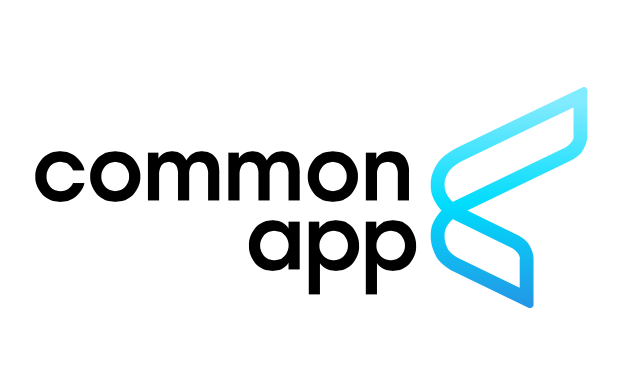

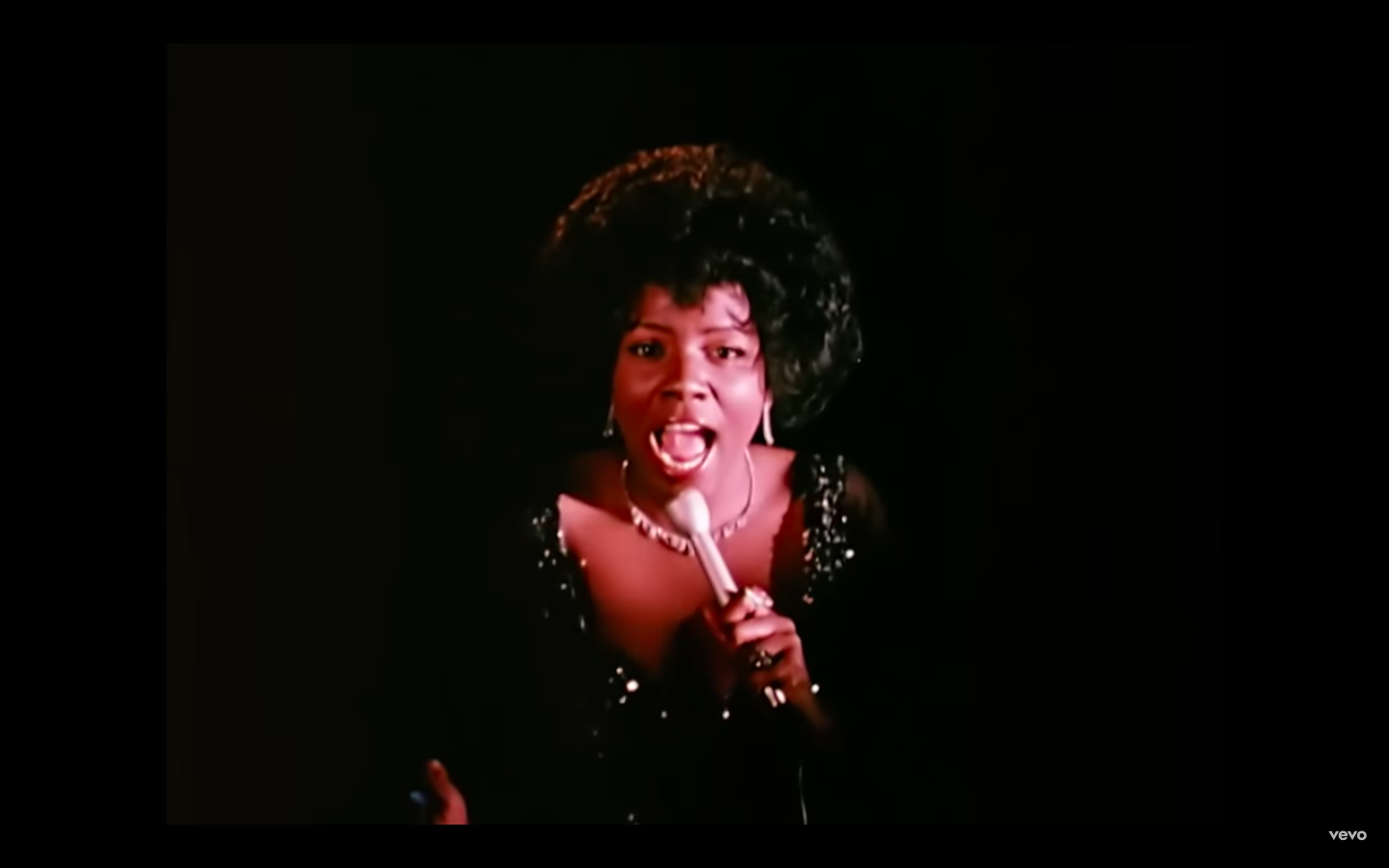 Picture it. You are all alone in your bedroom at 11:47 p.m. on a Tuesday night.
Picture it. You are all alone in your bedroom at 11:47 p.m. on a Tuesday night.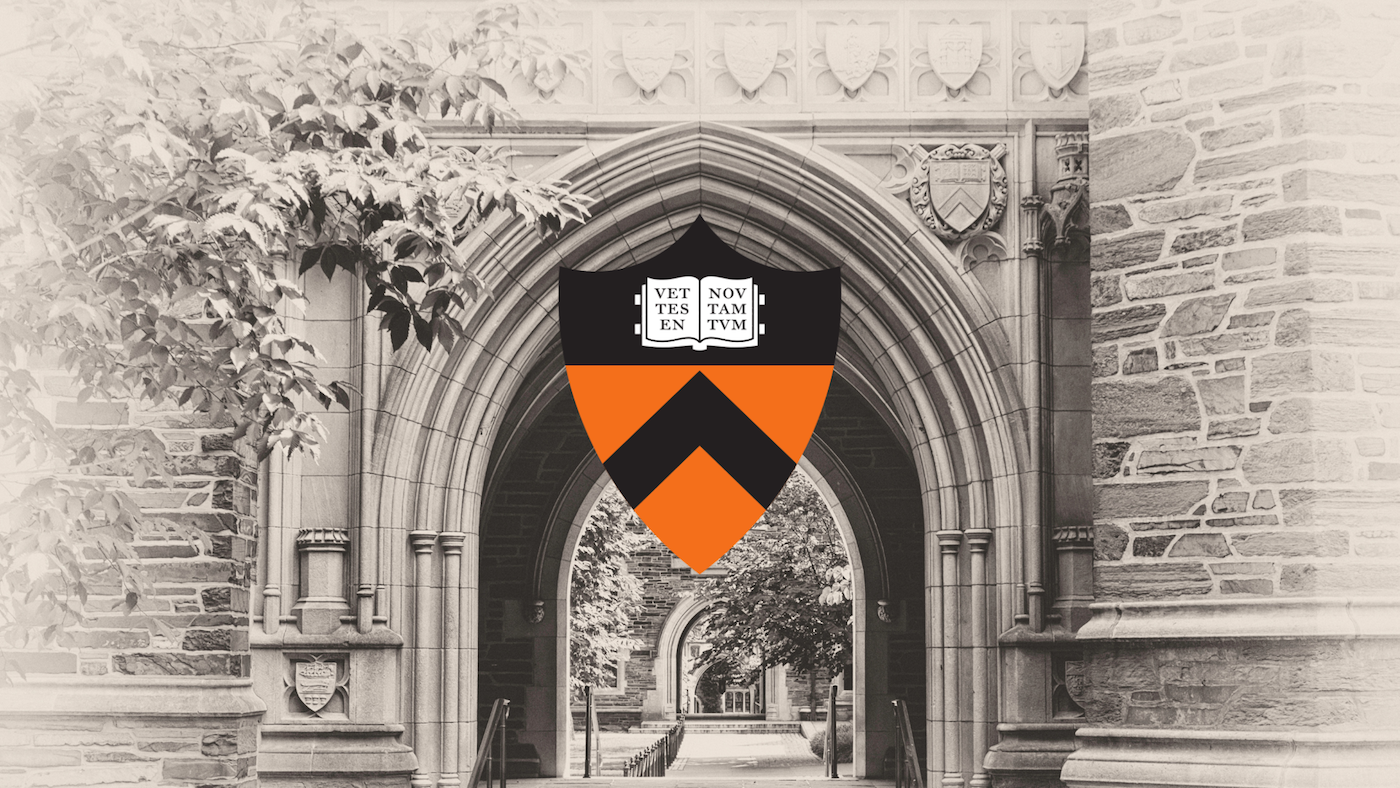 Princeton University has released its 2023-2024 supplemental essay prompts for first-year applicants, making it the final Ivy League institution to do so.
Princeton University has released its 2023-2024 supplemental essay prompts for first-year applicants, making it the final Ivy League institution to do so.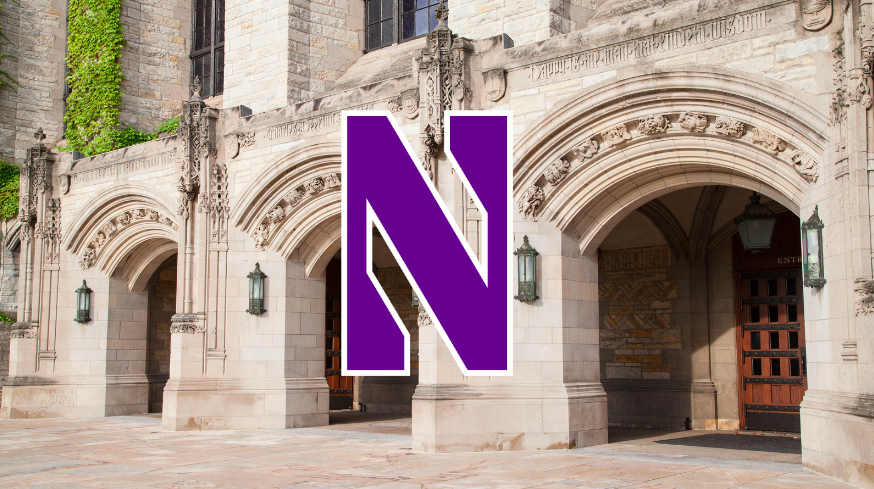
 Considering how much the word “inclusive” is bandied about these days, Wake Forest University would, at first glance, appear to be taking a big risk by creating a new Early Action admissions option that will be the exclusive domain of only certain applicants based on their demographics alone. Yet, that’s exactly what Wake Forest is doing while promoting its new Early Action admissions option as a tool to promote inclusivity.
Considering how much the word “inclusive” is bandied about these days, Wake Forest University would, at first glance, appear to be taking a big risk by creating a new Early Action admissions option that will be the exclusive domain of only certain applicants based on their demographics alone. Yet, that’s exactly what Wake Forest is doing while promoting its new Early Action admissions option as a tool to promote inclusivity.